Trust is a fundamental driver of human relationships. Some people we know well and we trust. Others we don’t know as well, or we don’t trust because of their past behaviour. It’s the same with brands.
People relate to brands in the same way that they relate to people. Some they know well and trust, and others they don’t.
Research has shown that over 80% of people are more loyal to a brand when they trust it. They will also recommend it to others, and will try new products from that brand. So if trust is so important to a brand’s success how is it built? Psychological theory says there are six key dimensions, which form trust. In our brain these are joined together in three pairs or psychological ‘tensions’.
People relate to brands in the same way that they relate to people. Some they know well and trust, and others they don’t.
The first tension is between Relationship and Benefit: what kind of a relationship do I have with the brand and what personal benefit do I get? For example, a recent study of Company Trust among Malaysian consumers by Duxton Consulting, found that the relationship and perceived benefit that Samsung mobile phone users have with their brand is much stronger than for iPhone users. Samsung users seem to enjoy using their phone more than Apple users, and are more passionate about what it can do for them.
The second tension is between Stability and Development. Where have we come from and where are we going? Long established brands have a high Stability rating because we’ve known them for a long time, and are familiar with their presence and history. But equally importantly, we need to be confident about their ability to adapt and grow to meet future needs. A century old history is a real positive, but runs the risk of being old fashioned if consumers don’t see it developing for the future.
The Duxton Trust study showed that Tiger Airlines for example suffers from low stability scores, which is hardly surprising for a new airline. But it scored much more highly in the area of development because it is seen to be opening new routes and being more competitive with its fares.
The final tension is between Vision and Competence. You may have a great vision, but do you have the necessary competences to achieve it? For example, you may want to eradicate Malaria. That’s a great vision, but I doubt you have the money and resources to do so. But if billionaire benefactor Bill Gates articulated the same vision you’d have greater confidence and trust that he could do so.
In the Duxton Trust study Perodua scored much more highly than Proton for Vision and Competence. These were key drivers in helping Perodua get a much higher overall trust score than Proton.
So these are the six drivers which generate trust. Think about your own Company or brand in these terms and ask yourself if it deserves a high level of trust.

